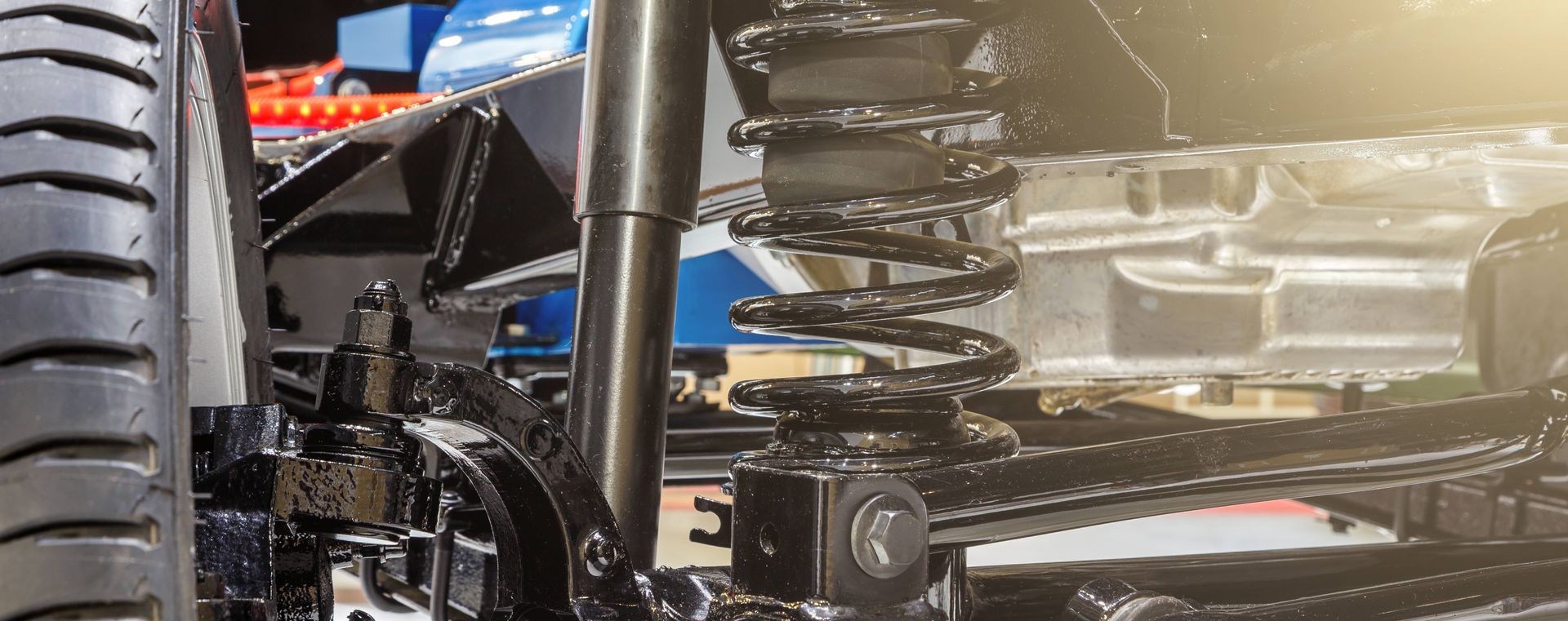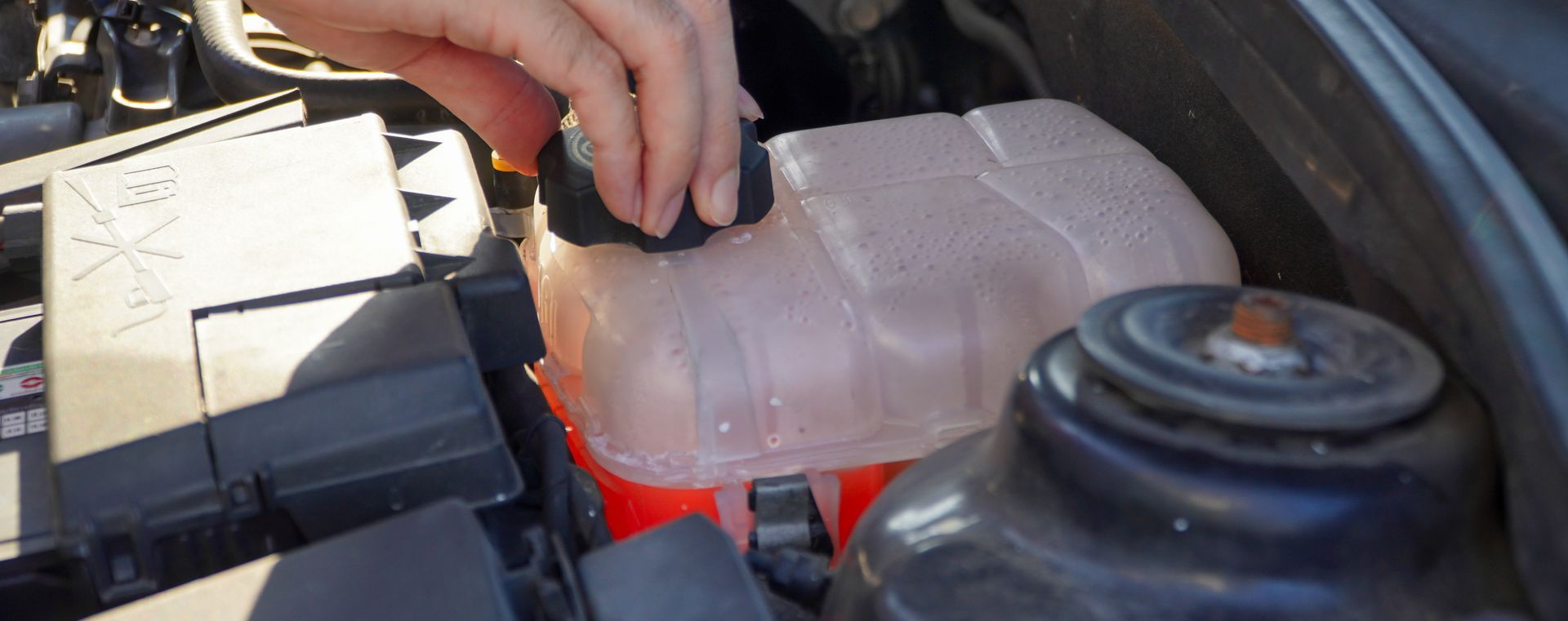Winter Tires vs. All-Season Tires
Winter tires vs. all-season tires, which is best for your car? We have all the answers you need in this tire guide.
What are winter tires?
Winter tires, also known as "Snow tires" and "ice tires," are exactly what their name suggests; They are tires that have been designed and manufactured specifically to maintain a safe and dependable grip on the road surface when temperatures reach freezing (and below) or when snow, sleet or ice are present.
Winter tires are different from other tires in both their tread and the kind of rubber that they are made of. The rubber that is used to create winter tires is softer than tires that are used in summer conditions. This means when it's cold Winter tires will grip the road better even in clear, dry conditions and they have more grooves than most others.
On the other hand, All-season tires are designed for most conditions most of the time but don't excel in any.
That being said, all-season tires typically have a rubber compound that's designed for having a comfortable ride and getting the most miles while doing so. There are definite compound differences between a winter tire and an all-season tire.
While an all-season tire will get you through the winter with decent traction on snow and ice, a winter tire has a specific (almost always softer) compound designed to remain pliable and enhance traction in cold climates.
All-season car tires can handle some winter driving conditions
All-season tires are designed to handle some winter conditions, but it comes with a catch. Even though they are made for all-year performance, all-season tires don’t provide the grip that is needed for wet roads or winter conditions. If you are driving on ice or very slippery surfaces, it won’t provide good handling. These tires are however affordable and best if you don’t plan on driving in the rain or snow often.
Winter and snow tires are engineered for true winter conditions
Winter tires are specifically engineered to handle even the harshest winter weather conditions. These tires will provide a better grip on wetter roads. For extreme winter conditions, these are the safest tires you are going to find and a worthwhile investment.
Why are snow tires better?
Whether you need snow tires will depend on the area you live in, weather conditions, and whether you drive often during harsh weather conditions. All-season tires may be more affordable but it is not best for your safety during extreme winter conditions. Winter tires have better traction and could save your life during bad winter weather conditions.
It is important that you use both front and back winter tires. Changing only one pair of tires can cause friction or bad handling and your tires might lose traction on the road. Don’t forget these tires should probably go on as autumn rolls in and be de-mounted during spring as they don’t handle well under warm conditions.
If you need help fitting your tires, the expert technicians at
Professional Auto Repair can help.
We have the training and certification to handle any car issues that arise. Stop by for a tune-up, replacement or upgrade either all-season or winter tires.




